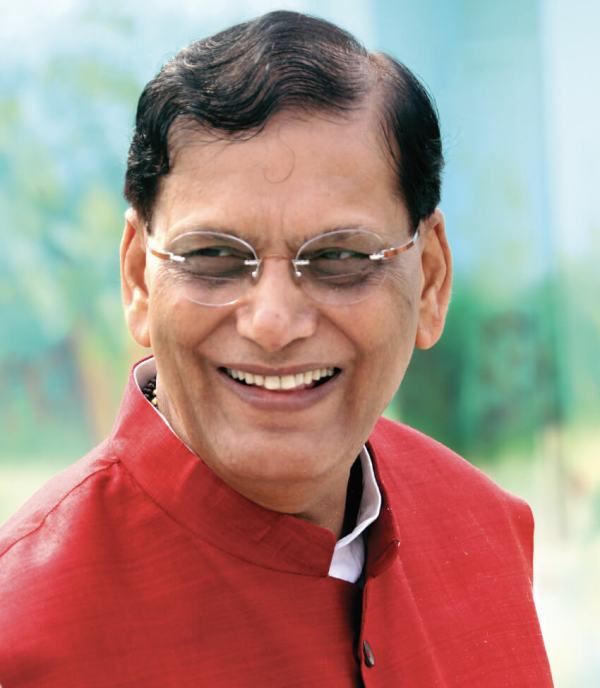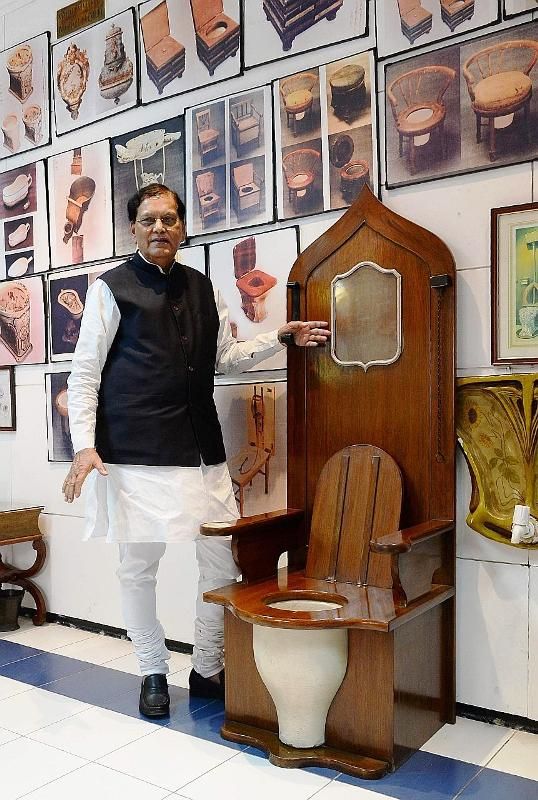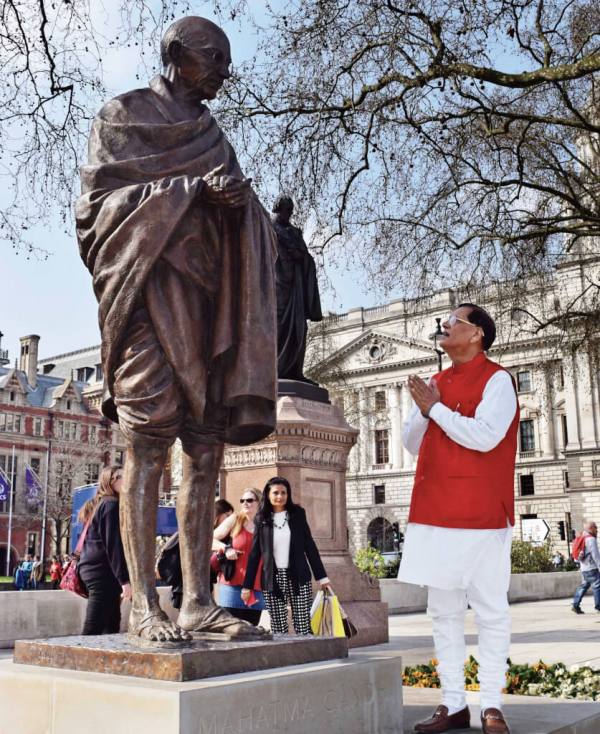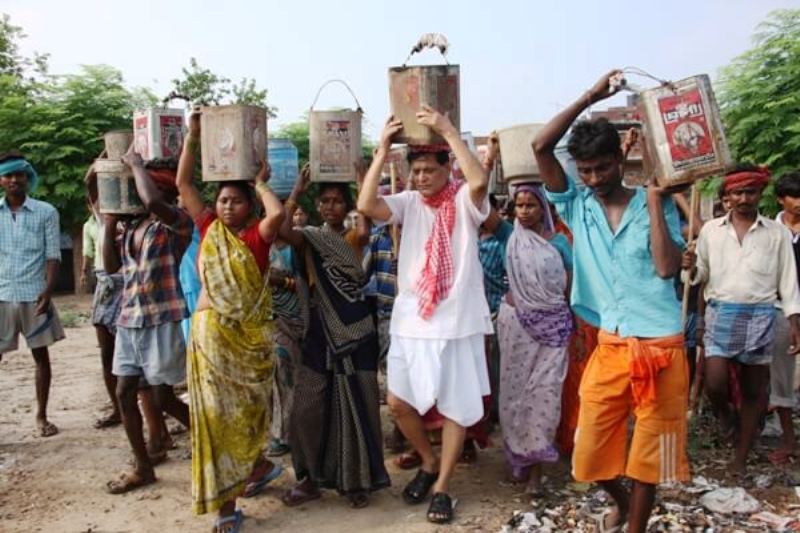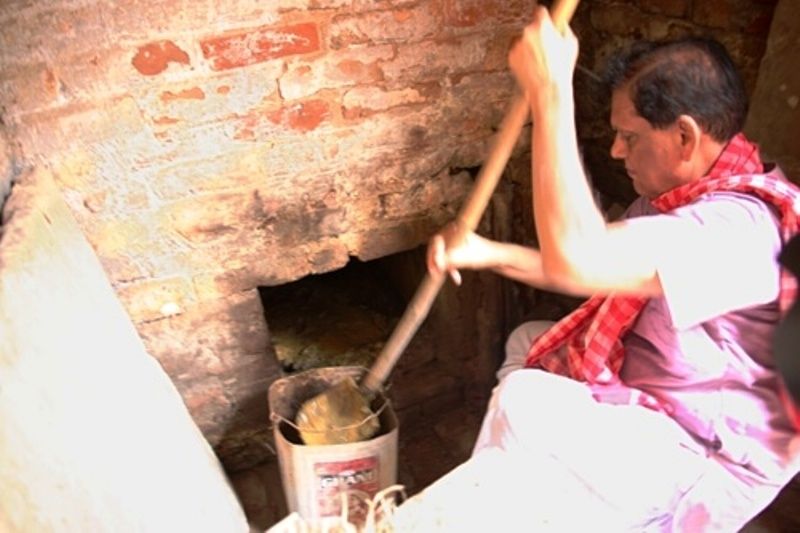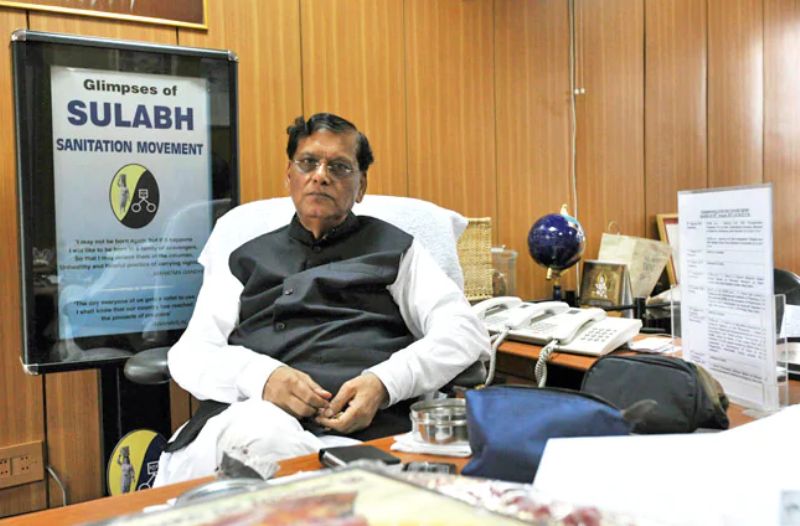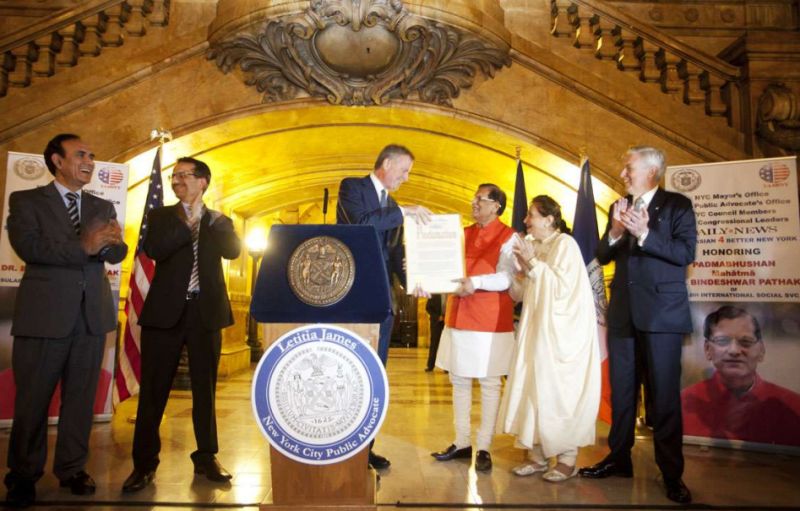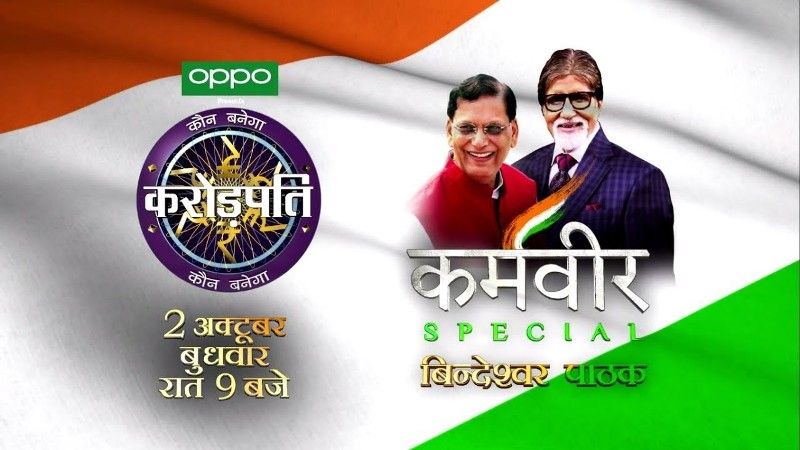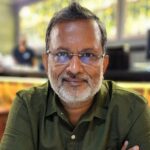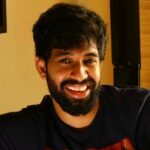Bindeshwar Pathak Age, Death, Caste, Wife, Family, Biography & More
| Bio/Wiki | |
|---|---|
| Profession(s) | Sociologist, Founder of Sulabh International, Sulabh Sanitation Movement & Sulabh Toilets across India and World, Pioneer of Social Reforms |
| Famous For | Being the founder of "Sulabh International" |
| Awards, Honours, Achievements | 1991: Padma Bhushan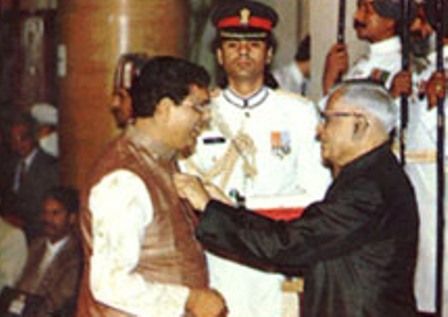 1992: Received International St. Francis Prize from Pope John Paul II 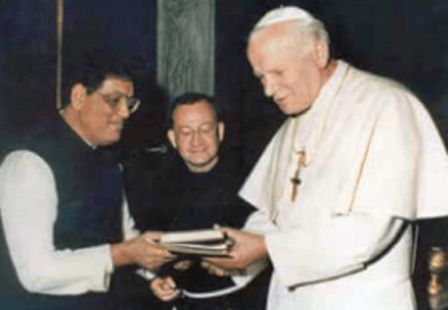 2003: Named on the list of the Global 500 Roll of Honour by UNEP; the same year, he received UN-Habitat Scroll of Honour Award 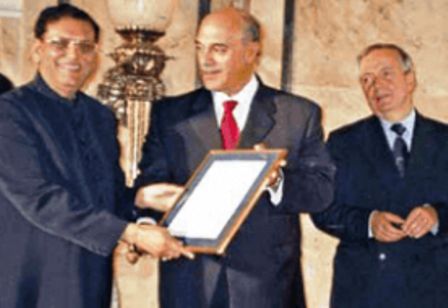 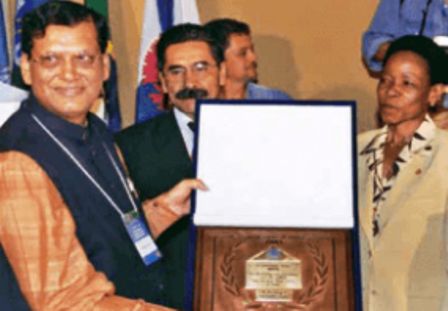 2004: The Dubai International Award for best practices to improve the living Environment 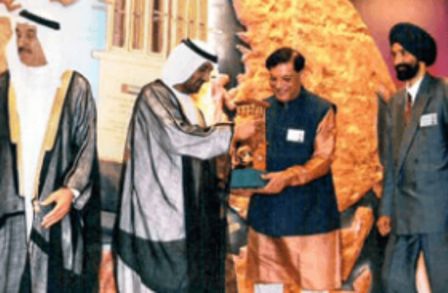 2005: Received Good Corporate Citizen Award from Dr. A. P. J. Abdul Kalam 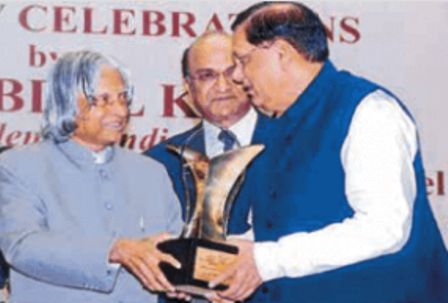 2007: Energy Globe Award 2009: Stockholm Water Prize 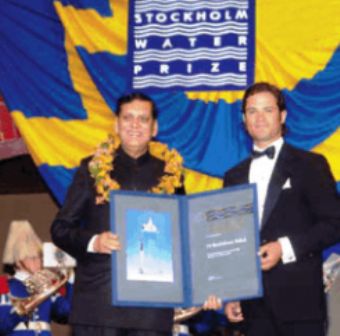 2015: CNN News-18 Indian of the Year 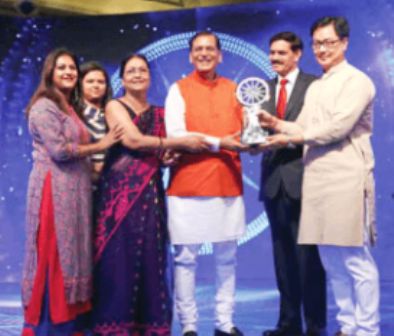 2016: WHO Public Health Champion Award, the same year, he received Humanitarian Award by New York Global Leaders Dialogue 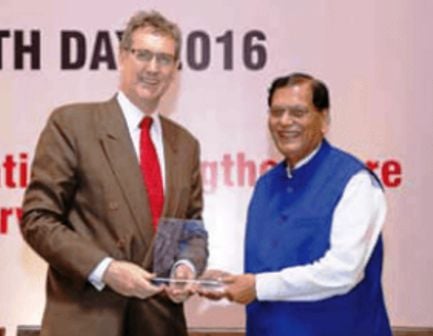 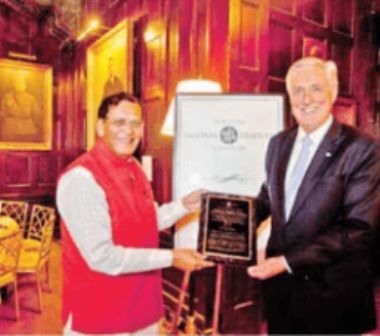 2017: Golden Peacock Lifetime Achievement Award, the same year, he received the Lal Bahadur Shashtri National Award for Excellence in Public Administration, Academics, and Management 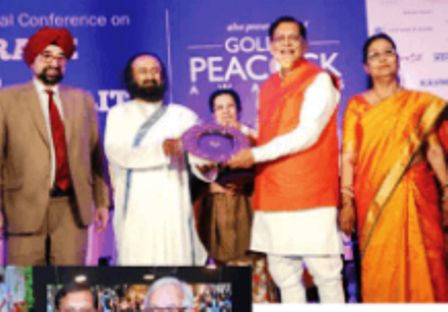 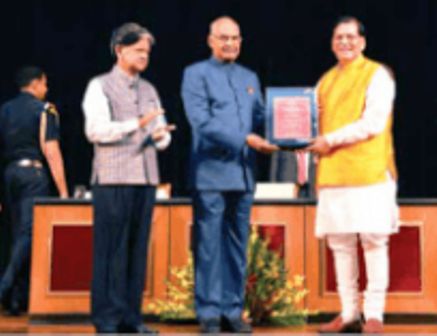 2018: 23rd Nikkei Asia Prize 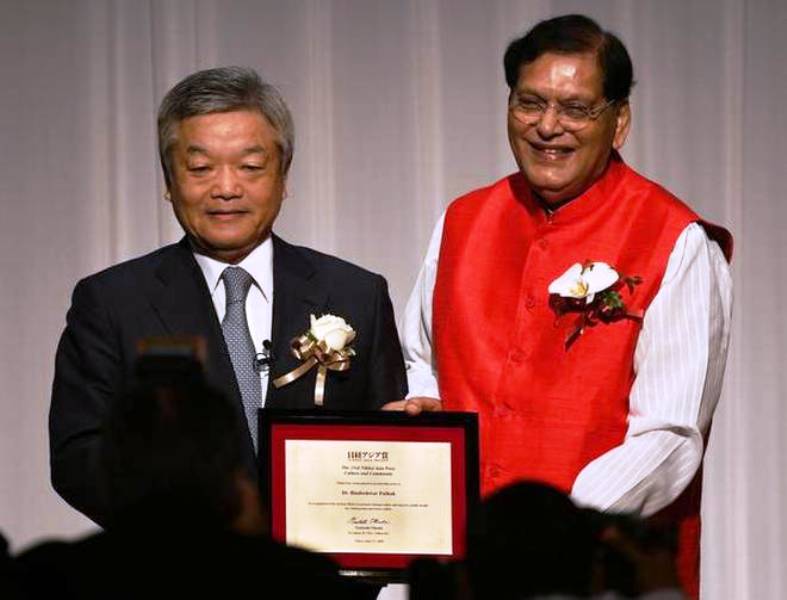 2019: Gandhi Peace Prize (2019)  2024: Padma Vibhushan (second-highest civilian award) |
| Personal Life | |
| Date of Birth | 2 April 1943 (Friday) |
| Birthplace | Village Rampur Baghel, Dist. Vaishali, Bihar |
| Date of Death | 15 August 2023 |
| Place of Death | AIIMS, New Delhi |
| Age (at the time of death) | 80 Years |
| Death Cause | Cardiac Arrest [1]The Hindu |
| Zodiac sign | Aries |
| Nationality | Indian |
| Hometown | Village Rampur Baghel, Dist. Vaishali, Bihar |
| School | He studied in a government school in Rampur, Bihar. |
| College/University | • RDS College in Muzaffarpur • Bihar National College, Patna • Patna University |
| Educational Qualification | • Graduation in Sociology in 1964 • M.A. (Sociology) in 1980 • M.A. (English) in 1986 • Ph.D. in 1985 • D.Litt. in 1994 |
| Religion | Hinduism |
| Caste | Brahmin [2]The Weekend Leader |
| Address | Sulabh Bhawan, Mahavir Enclave Palam Dabri Road, New Delhi 110045 |
| Hobbies | Watching Films, Listening to Music |
| Relationships & More | |
| Marital Status | Married |
| Marriage Date | July 1965 |
| Family | |
| Wife/Spouse | Amola, a resident of Mehnar in Vaishali district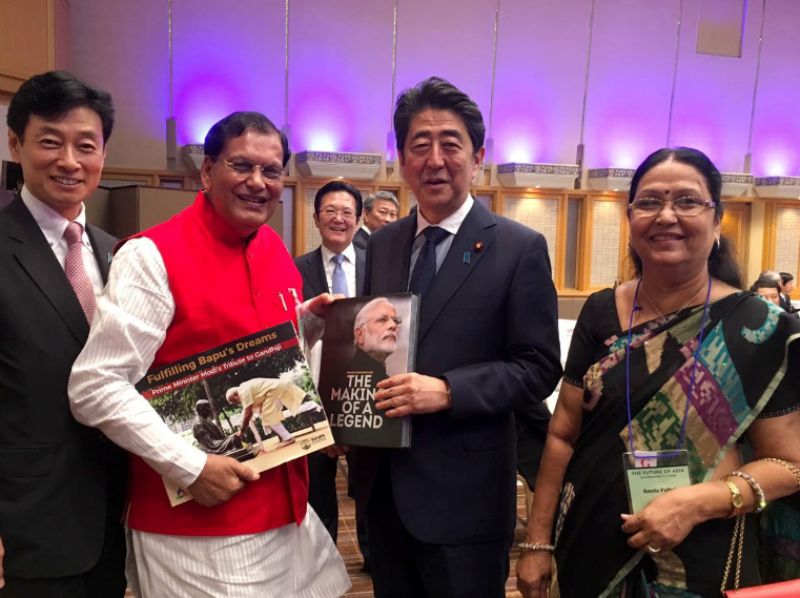 |
| Children | Son- 1 Daughter- 2 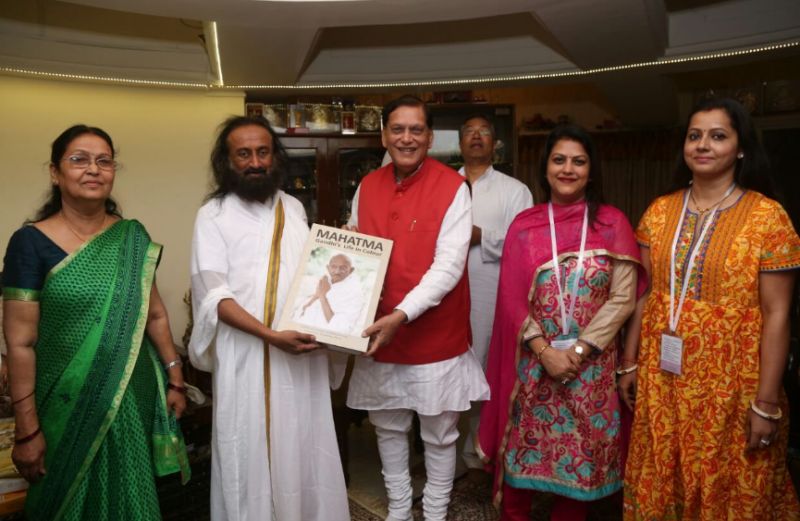 |
| Parents | Father- Dr. Rama Kant Pathak (an Ayurvedic doctor) Mother- Yogmaya Devi |
| Siblings | He had five siblings, one elder, and four younger. |
| Favourite Things | |
| Favourite Leader(s) | Mahatma Gandhi, Deendayal Upadhyaya |
Some Lesser Known Facts About Bindeshwar Pathak
- Dr. Bindeshwar Pathak (1943-2023) was an Indian Sociologist who is best known for being the Founder of Sulabh International, Sulabh Sanitation Movement & Sulabh Toilets across India and World. Pathak died at AIIMS in New Delhi due to cardiac arrest in 2023.
- Pathak was deeply inspired by Mahatma Gandhi, according to the official website of Sulabh International Social Service Organisation. As a result, his efforts and principles aligned closely with and made notable contributions to the mission and values of the United Nations.
- Dr. Pathak dedicated his life to the fight against open defecation and manual scavenging.
- He was born into a Hindu Brahmin orthodox family in a small village called Rampur in the Vaishali District of Bihar.
- His family was quite well-off, and his father, Dr. Rama Kant Pathak was an Ayurvedic doctor.
- His grandfather, Shiv Sharan Pathak, was a renowned astrologer. While talking about his grandfather’s astrological predictions, he says-
When I was just two years old, my grandfather had prophesied that I would earn a lot of name and fame in life.”
- His grandfather’s prophecy has now come true; as Pathak’s non-profit Sulabh International, which was started in 1973, has constructed over 1.5 million household Sulabh Shauchalayas (pour-flush toilets) across India, with more than 20 million people using the facilities every day.
- Today, lavatories under Sulabh Shauchalyas generate around Rs. 500 crores every year.
- Dr. Pathak’s Sulabh International has over 50,000 employees who maintain over 8,500 public toilets across the country.
- However, the journey of this social entrepreneur hasn’t been easy; as he had to suffer many setbacks in his initial efforts.
- The main setback, which was also the reason behind his determination to eradicate the practice of manual scavenging in India, was from his family. While talking about the incident from his childhood that left an indelible impression on his mind, Dr. Pathak says-
I was around 5 or 6,” Pathak recalls. “A woman, who happened to be a Dalit, used to come to sell some household items to our village. One day, I touched her to say something… All hell broke loose. My grandmother not only berated me but also made me eat cow dung, drink cow urine and poured Ganga-jal on me to ‘purify’ me. The incident left a scar. I began to wonder why Dalits were treated inhumanly even though they have the same flesh and blood like us. I vowed to do something for them when I grew up.”
- His career choice attracted anger and protest from his community. He says-
My parents and in-laws, along with the society, were angry with me because they found it derogatory for a Brahmin to work for the lower caste, but I was out to achieve the dreams of Gandhiji.”
- After his schooling from a local government school in his hometown, Dr. Pathak went to Patna for further studies.
- Before shifting to Patna, he also studied at RDS College in Muzaffarpur for a year.
- While sharing a story about his shyness during his college days, he says-
I was too shy and introverted in those days. I still remember standing in a queue for admission in college and pulling out every time I reached the gate and then standing in queue again… The gatekeeper eventually caught me and forced me inside the Principal’s office!”
- In the first year of graduation, Dr. Bindeshwar Pathak topped in his batch with 54 percent marks and was awarded a scholarship of Rs. 14 per month.
- While talking about his expenses during his college days, he says-
My father used to send Rs. 25 every month for additional expenses,” I used to stay at my uncle’s house in Patna who took care of my food and accommodation. My friends were nice and took me to movies.”
- He used to wear dhoti and kurta during the first year of his graduation in Patna; however, he started wearing shirts and trousers after the first year. On his attire in those days, he says-
Some students wouldn’t talk to me because of my rural looks.”
- In 1964, after completing his graduation, Dr. Pathak returned to his village where he joined Gandhi High School as a temporary teacher at a monthly salary of Rs. 80.
- After his marriage in 1965, he quit the teaching job and started working as an account assistant at a thermal power station at Patratu in Ranchi (now in Jharkhand) at a daily wage of Rs. 5, and it was there that he started thinking to do something big in his life. While sharing his thoughts, he says-
Slowly, thoughts of making a name for myself started entering my mind around that time, I had no idea what to do but I quit my job in 1966.”
- After his account assistant stint in Ranchi, he joined his father’s pharmacy business in Muzzafarpur. However, he didn’t like the intricacies of business and decided to quit that too.
- Dr. Bindeshwar Pathak considered the year 1968 as his life-changing moment when he joined the Bhangi-Mukti (scavengers’ liberation) Cell of the Bihar Gandhi Centenary Celebrations Committee at Patna. There, his first job was of a translator, and later, he was appointed as publicity in-charge at a monthly salary of Rs. 200. It was there that he came across the Gandhian Principles and the ideals of Gandhiji. Remembering those days, he says-
The Committee was mainly involved in spreading the ideas of Gandhiji and to liberate manual scavengers from the ill practice,” explains Pathak. “I slowly began to get attracted to the ideals of Gandhiji. My whole life changed.”
- While working with the Bhangi-Mukti Cell, he had to work closely with manual scavengers. Being a Brahmin, initially, he was reluctant to work with them, but the Gandhian Principles motivated him to break the shackles of his reluctance. Sharing about his initial years with the Bhangi-Mukti Cell, Dr. Pathak says-
I was initially reluctant to stay with people considered ‘untouchables’ by society because I was a Brahmin, but it was my job so I agreed. However, soon I was very moved to see the state of manual scavengers… cleaning human waste from the pit latrines and carrying it for disposal.”
- After experiencing the sufferings of manual scavengers, he decided to do something more, and on 5 March 1970, he founded Sulabh Svachchh Shauchalaya Sansthaan with a loan of Rs. 50,000 and came up with his now-famous innovative concept of the two-pit ecological compost toilet.
- He started with a 200 sq ft area of the office in Patna; having a staff of 7-8 people. Soon, he started getting CSR fund support from corporates like State Bank of India, ONGC, Maruti, HDFC, Bharti Foundation, and others.
- In 1980, the Sulabh Svachchh Shauchalaya Sansthaan was renamed as Sulabh International.
- However, the initial years were not good from the economic point of view of his organization. The economic conditions were so adverse that he even thought of committing suicide. While talking about that, he says-
The non-profit needed money to run but there were no orders for toilets. The situation reached such a point that I had to sell my mother’s and wife’s jewellery to run it. I was nearly bankrupt and had lost all hope.”
- However, the first success came in 1973, when he got an order to build two private toilets at Arrah district in Bihar and received Rs. 500. From then onwards, he never looked back and the rest, as they say, is history.
- So far, he has won many accolades and honours for his social reforms. Mr. Bill de Blasio, Mayor of the city of New York, declared 14 April 2016 as “DR. BINDESHWAR PATHAK DAY.”
- On 2 October 2019, to celebrate the 150th birth anniversary of Mahatma Gandhi, he was invited as a guest contestant on the popular Indian game show, Kaun Banega Crorepati.
- Pathak passed away due to cardiac arrest at AIIMS, New Delhi, on 15 August 2023. He had just unfurled the national flag in honour of Independence Day when he suddenly collapsed. Despite being rushed to the hospital immediately, he was declared dead around 1:42 pm. [3]The Hindu
References/Sources:

